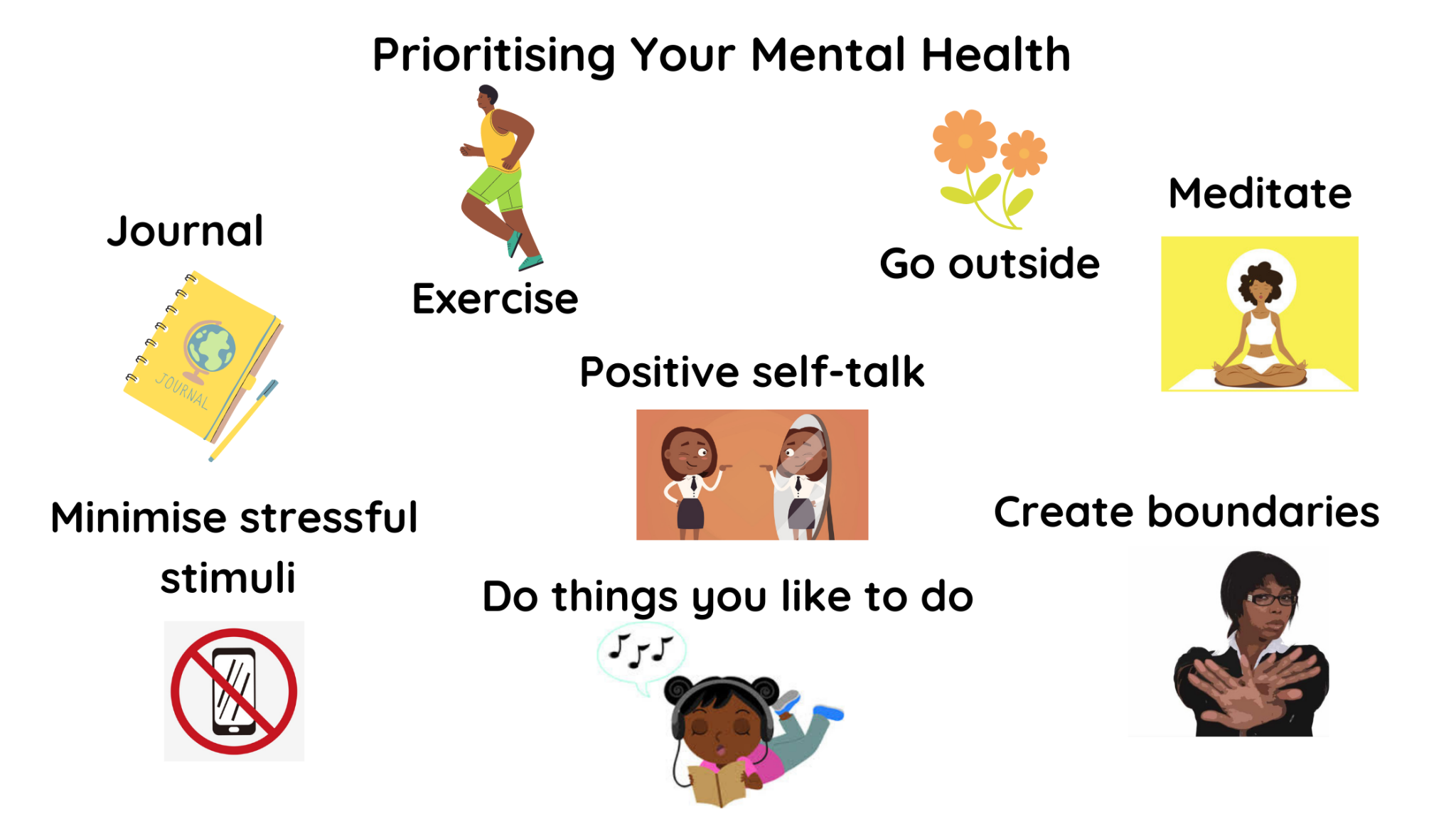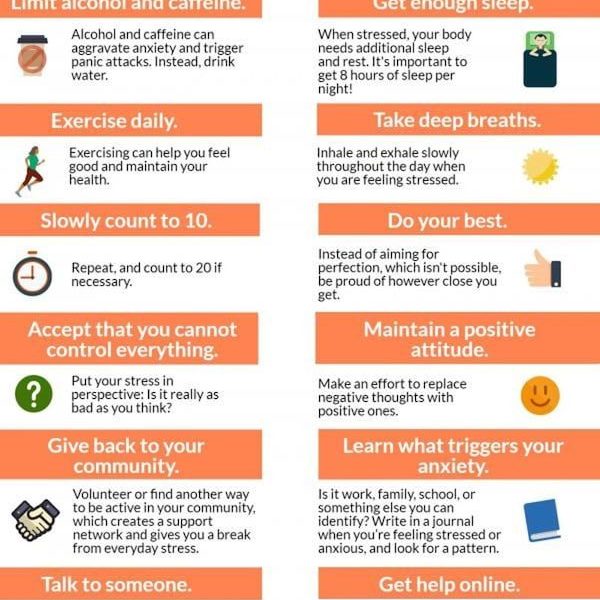In today’s fast-paced and technology-driven world, it’s easy to get caught up in the hustle and bustle of everyday life. However, it’s important to remember that mental health is just as important as physical health. Recognizing the signs that you may need to prioritize mental health care is crucial in maintaining overall well-being.
Feeling Overwhelmed and Stressed
One of the first signs that you may need to prioritize mental health care is feeling overwhelmed and stressed on a regular basis. If you find yourself constantly worrying, feeling anxious, or unable to relax, it may be time to seek help. Ignoring these feelings can lead to burnout and negatively impact your overall health.
Difficulty Concentrating and Making Decisions
Another common sign that mental health care should be a priority is difficulty concentrating and making decisions. If you find yourself unable to focus at work or school, or struggling to make simple choices, it may be a sign of underlying mental health issues. Seeking professional help can provide you with the tools to improve your cognitive function and decision-making skills.
Changes in Sleep Patterns
Disrupted sleep patterns, such as insomnia or oversleeping, can also be a sign that your mental health needs attention. Lack of quality sleep can have a significant impact on your mood, energy levels, and overall well-being. Prioritizing mental health care can help you establish healthy sleep habits and improve your overall quality of life.
Isolation and Withdrawal
Feeling the need to isolate yourself from friends and family, or withdrawing from social activities that you once enjoyed, may indicate that you need to prioritize mental health care. Socializing and connecting with others are important for mental well-being, and isolating yourself can exacerbate feelings of loneliness and depression. Seeking help can provide you with the support you need to rebuild relationships and engage in meaningful interactions.
Physical Symptoms
Physical symptoms, such as headaches, stomach issues, and muscle tension, can often be linked to mental health issues. Chronic stress and anxiety can manifest in physical ways, impacting your overall health and well-being. Addressing the root cause of these symptoms through mental health care can lead to significant improvements in your physical health.
Conclusion
Recognizing the signs that you may need to prioritize mental health care is the first step towards improving your overall well-being. Seeking help from a professional can provide you with the tools and support needed to address any underlying mental health issues and improve your quality of life. Remember that it’s okay to prioritize your mental health, and seeking help is a sign of strength, not weakness.


